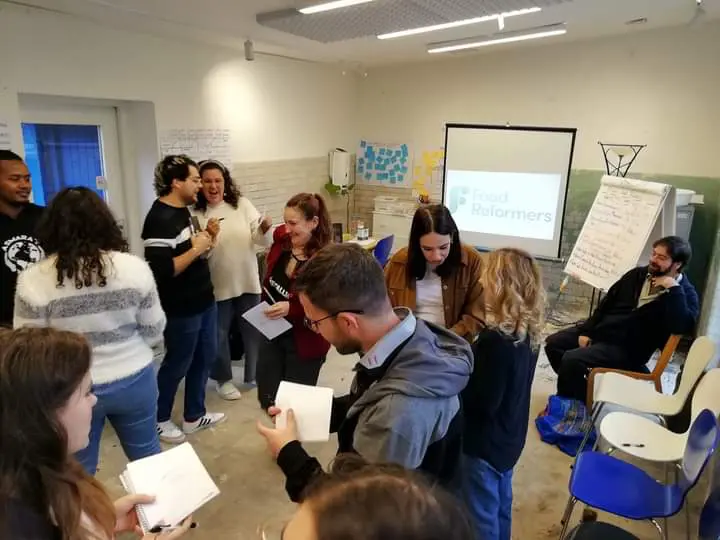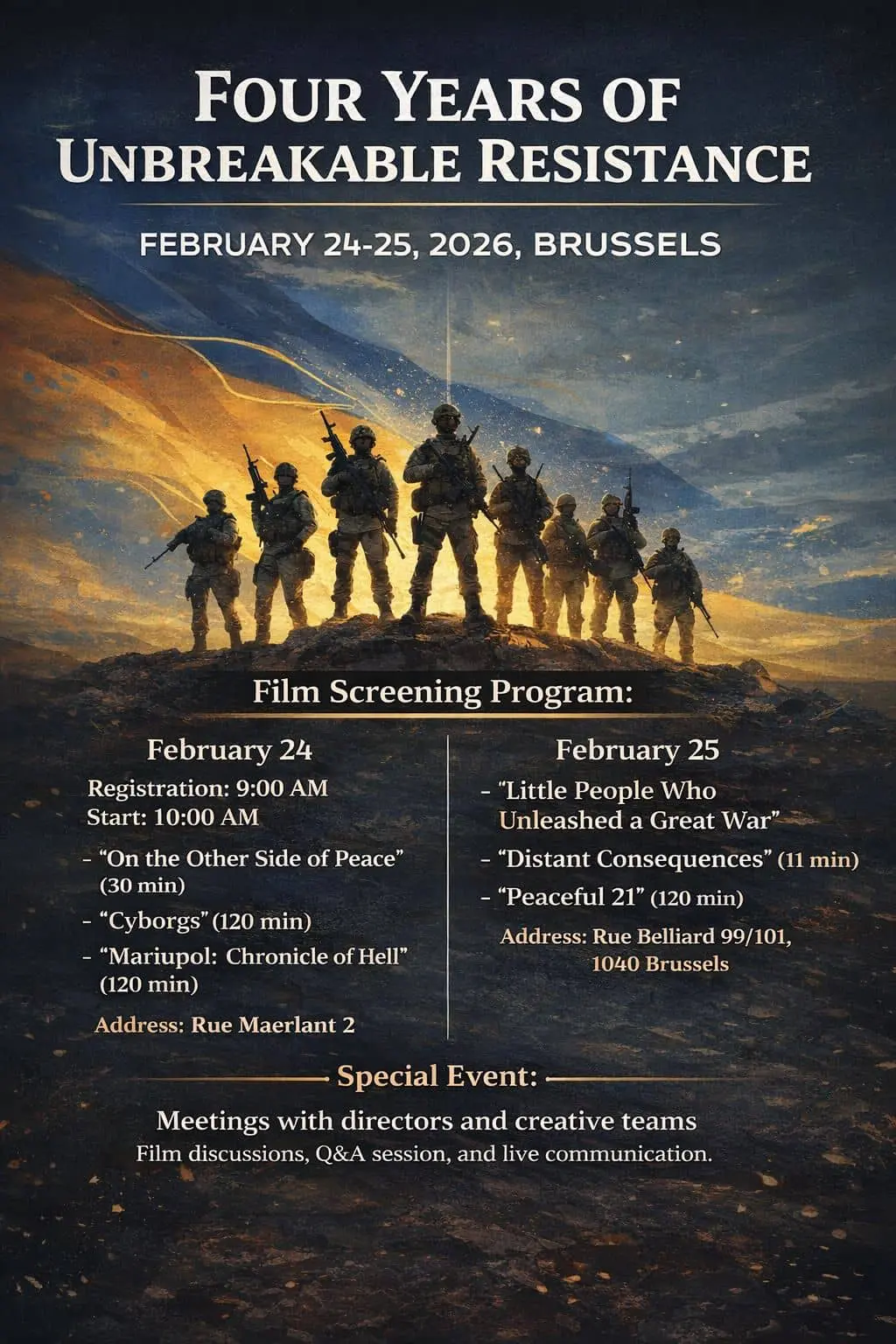The “Europe Transformation Lab” gathered (between 25th of October 2023 – 2nd of November 2023) 26 participants from different European Countries who agreed with the founding values of the European Union on human dignity, freedom, democracy, equality, rule of law, and human rights.
The organisation and facilitation team came from Brazil, Vatican City, Greece, Denmark.
The goal of “Transformation Europe Lab” (Co-funded by the Erasmus + Programme of the European Union) is to provide an overview on how to build communities via community organising and non-violent direct actions (NVDA).
In the modern age with the migration crisis, climate crisis, post-pandemic recovery, international war and extremism on the rise across Europe, and there is the urge of equipping youth workers with skills of community development, which they can transfer to youth.
The hosting organization – Food Reformers are committed to engaging in the activities, taking ownership of their tasks and to collaborate with other members and external stakeholders while always respecting the community, the members and the environment. We encourage clear communication for creating a safe space; with a value system based on three solid pillars; commitment, respect and openness.
The aims of the training:
- promoting peace building by introducing past successful non-violent actions, that made real impact
- providing participants with skills and tools necessary for transforming social and inter-group conflicts
- making participants aware of their role in civic society and promote activism and social responsibility
- making participants able to spread the ideas and knowledge on community building and NVDA to young people all across Europe.
Food Reformers respect the personal needs and professional endeavours of each member, and are open to anyone who wants to be a Food Reformers or join the activities regardless of age, gender, ethnicity or background, focusd on the Zero waste philosophy, United Nations Sustainable Development Goals (SDGs), Social Responsibility, Up-cycling and circular economy, Participatory Entrepreneurship and Desing Methods among others.
Food Reformers is a food waste organisation that cooks mainly with surplus vegetables and promotes meatless meals. This action is informed by the huge impact that the meat industry has on our planet and how it contributes to climate change. Additionally, they approach meatless meals as a way to provide more inclusive meal solutions while accommodating most people’s dietary restrictions / preferences. To further contribute to food waste management, their aim to cook using surplus vegetables, that the volunteers gather from different sources eg: supermarkets. Surplus food is food that is supposted to be thown out, but is still eatable and fresh.
Participants from eleven partner countries including Denmark, Estonia, Italy, Czech Republic, Greece, Cyprus, Portugal, Germany, Spain, Turkey and Bulgaria, joined the Erasmus+ training course in Kolding, Denmark.
They have been selected to participate in the training course because of theit eagerness to receive a vivid and rich intercultural experience and to benefit from the project activity while having a lot of experiences to share and valuable insights to exchange with the rest of the group.







